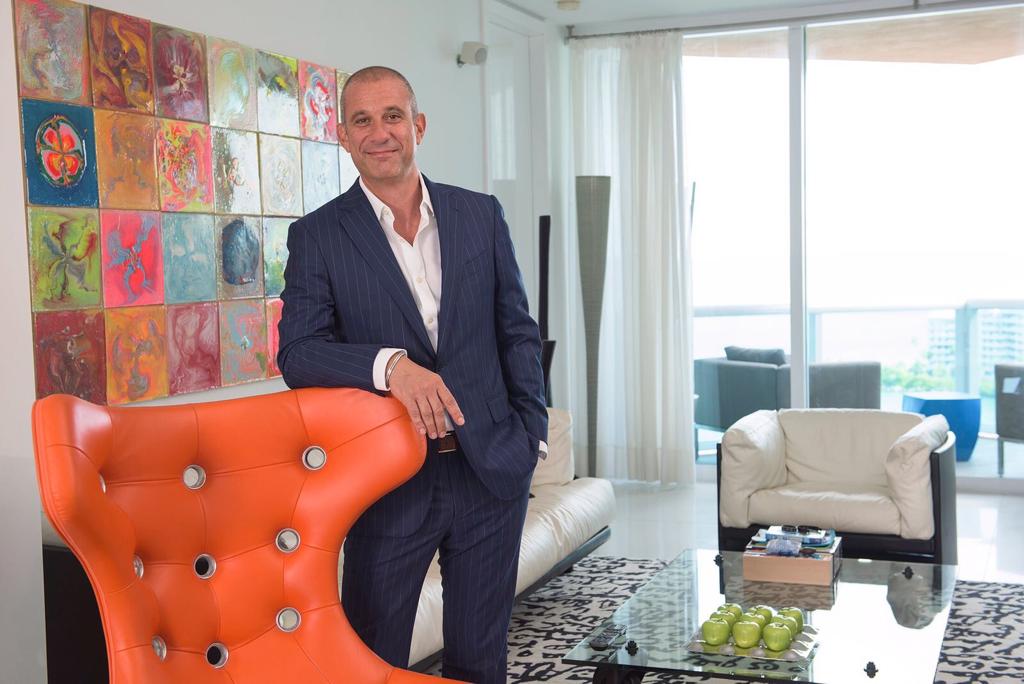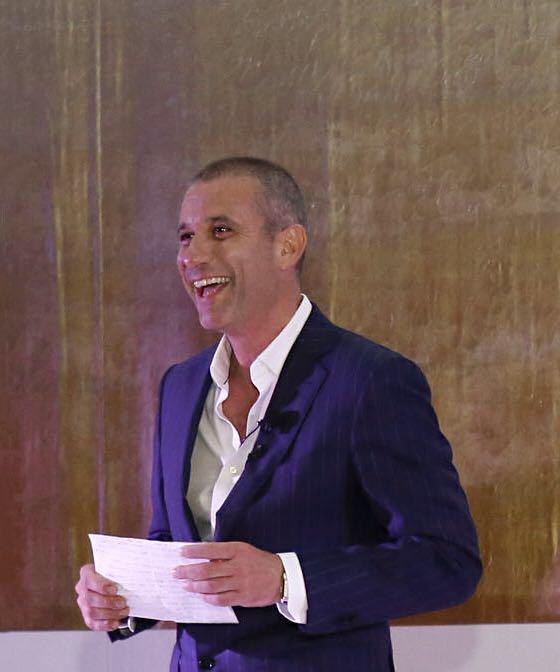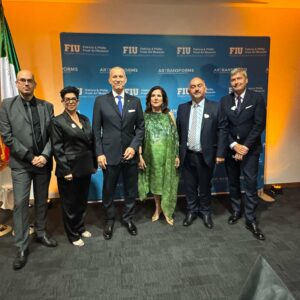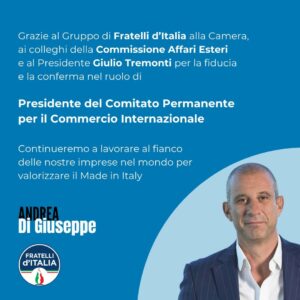
Corriere della Sera – di Michele Marangon (9 aprile 2022)
The battle of the president of the ”parliament” of Italians abroad: “Protecting Made in Italy, guaranteeing security for our activities and those of those who have chosen to move far from Italy. Opportunities for territories like Circeo.”
Roman entrepreneur transplanted to Miami. Andrea Di Giuseppe, chairman of the Italians Abroad Committee ‘South East’ of the United States ( the ‘parliament’ of compatriots abroad emanating from the Ministry of Foreign Affairs), tells about his project for the Creation of trade channels and tourism flows between the U.S. and Italy and raises an alarm about the misuse of funds earmarked for activities abroad that could instead be invested more effectively for the revitalization of Italian businesses. These are funds provided by Italy through the Farnesina and more generally through the state budget, with the aim of protecting and enhancing expatriate compatriots. Andrea Di Giuseppe’s proposal is to allocate the funds to companies that straddle Europe and the United States. “In the past few months,” the entrepreneur explains, “I have made contact with several national entities and municipalities in Lazio, a pilot region, working on putting a platform online to get this action started. Now, we will have to stand at the window for a few months, waiting for the results of the municipal elections in Italy, which, depending on the results, will allow us to give continuity to the discourses already opened with some administrations or, in case of reversals, to engage in them with other political forces. This does not detract,” continues the Roman entrepreneur who settled in the U.S. in 2001, “from the fact that the dialogue with companies will continue normally.
The Comites chairman stressed the importance of funds allocated by Italy for activities in the United States and the rest of the world. “For the communities of Italians abroad,” he explains, “every year millions of euros are allocated to meaningless activities. These are costs, and expenses, not investments. We need to allocate more money to businesses, to commercial activities, to protect Made in Italy, to guarantee security for our activities and those who have chosen to move far from Italy or to work straddling the two continents. We are working on legal action at the international level to demand regulation and oversight of these funds. Comites, for example, should be self-funded, not supported with taxpayer money. An example must be set.” Meanwhile, work with Italy continues: “We have identified a number of historic sites that, when put together, could create a fascinating itinerary, ensuring a deseasonalization of tourism. It is a goal of many municipalities, but administrations can only achieve it by teaming up. Imagine, to give an example, how many Americans could come to Rome, Milan, or other cities and choose among different tour packages to discover and visit wonders far from the metropolis and conventional channels: it would be good for so many Italian realities. Think, to give a topical example, of Circeo. When will the Neanderthal cave be stably reopened., the most important site of its kind in Italy and the world, this town and the neighboring municipalities could host thousands of visitors from abroad every year; at the same time, those who visited San Felice could, once back home, look for local products and find them again thanks to the commercial channels we want to create. This is applicable to a great many realities. Chi diceva che la più grande risorsa economica dell’Italia è il turismo non sbagliava; io aggiungo che la gestione deve essere imprenditoriale».





